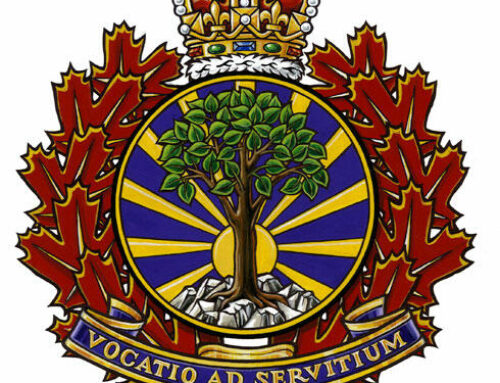Give us this day our daily bread.
Matthew 6:11 (NRSV)
During the Season of Lent, the United Church in Meadowood (UCiM) will be engaging line by line with the Lord's Prayer. This week's exploration has delved into the third line of the prayer. I hope, therefore, that these Lenten blogs, honour those faithful conversations, which are occurring within our community of faith.
Bread: I've been musing this week about this staple: One that every culture has, one which often marks the line between subsistence and thriving. Bread is central to the Christian prayer that invokes, discusses and dialogues with the Creator. This central image must have some depth to it, which goes beyond simply thinking of God as an ATM machine … from which getting something has a wee bit more breadth than a superficial concept of acquiring …
Bread: In the Palestinian context, the land is often dry and often threatened by drought thereby highlighting crops dependency on rain – rain that sometimes taunted, infuriated and no matter how much raging was present (i.e. Psalms 65.9-1, 104.13-14, 147.8) sometimes would just not fall. But when the rain fell, the land bloomed, flowers awoke and crops cried 'Glory!'
Bread: The people with whom Jesus journeyed and ministered were predominately those who lived on the margins, were often judged based on the places from which they were raised and the work that they did. Often these manual labourers, men and women, were those who walked the line between subsistence and thievery – you don't think those fishermen were floating on shiny international trawlers do you? – were those who answered a Call to share the Good News! And bread – well, bread wasn't provided as part of a negotiated contractual agreement … and yet these fishermen (Matt 4.18-22) – Simon, Andrew, James & John – dropped their nets and followed him – with no guarantees into places of privilege and power they walked and spoke truth. And, truth speaking my friends tis rather dangerous work!
Bread: In the New Testament the word is (ἄρτον or 'arton') … vague? It's not used often and carries a depth of meaning that simply loses a lot of nuance in translation. Rowan Williams says this about the phrase: "Rivers of ink have been spilt over the exact meaning of 'give us this day our daily bread,' because the word that's used in the Greek is a very, very strange one that you hardly find anywhere else." Though we may want to equate its use with simply the act of feeding the body, there's a richness to it that implies something more than simply subsistence. There's a nuance of 'divine sustenance' that is imagined: an abundance that defies our tendency to equate reality with cause and effect. This depth, Williams concludes connects tomorrow – the Kingdom (that we discussed last week) – with today: "And so perhaps that ghost of an idea, that shadow of an idea that this is also bread for tomorrow and tomorrow's bread, can come in somewhere."
Bread: Prayer is neither simply passive or active. It's an engagement with Being, not simply being. Those who have and continue to respond to walking the Way (Acts 9.1) navigate a human world that separates resources and people, creates hierarchies of privilege and class with a faith in something more, something richer, something profoundly life-giving that is akin to seeing with new glasses. This response tends to see shift from oppression to freedom, from subsistence to abundance. Prayer does not deny the reality of inequality or suffering. Rather, it recognises that the language we use, the actions that progress from how we communicate, and thus the experiences others have of those choices can soul-enriching and – ultimately – divine sustaining.
And – just sometimes – what may seem like a dance, poetry embodied, leads to song; in the richness of melody, awakening may continue …








Your reflections are most welcome!